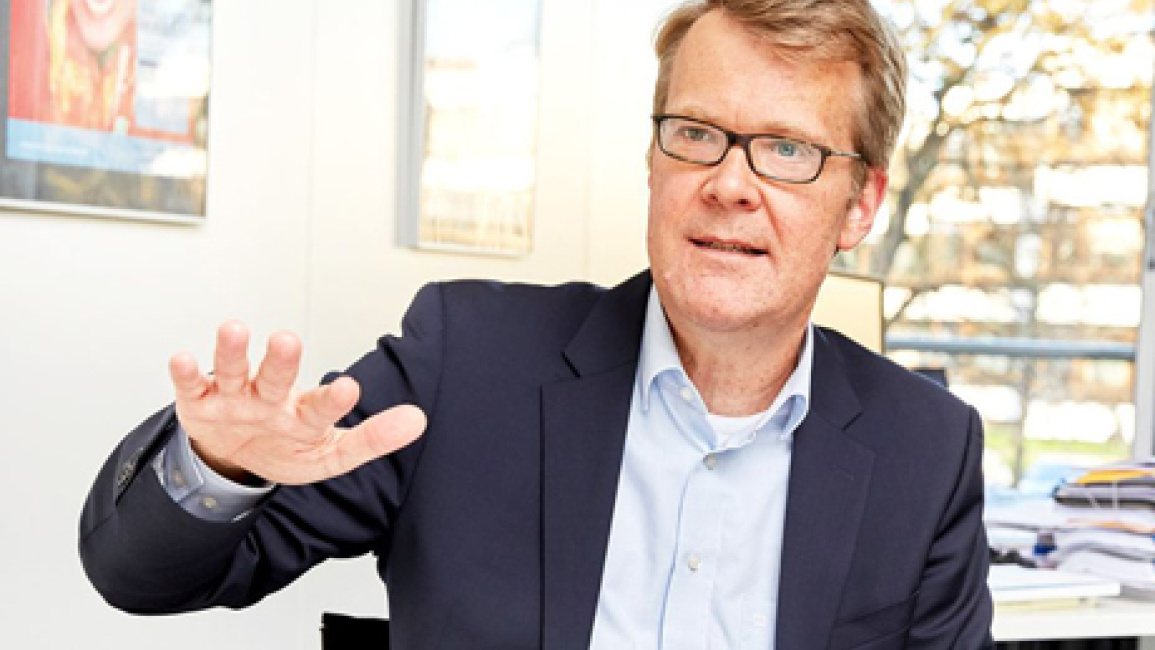- Main
- Node
- "DEMOCRACY CAN NOT BE VIABLE WITHOUT POLITICAL DEBATE": GERMAN SPECIALIST
June 19, 2018 | 14:02
Society
"DEMOCRACY CAN NOT BE VIABLE WITHOUT POLITICAL DEBATE": GERMAN SPECIALIST
"YSU journalist Ani Poghosyan participated in the Bundestag in the meeting of the IPS (International Parliamentary Scholarship) program for the scholarship holders.

Robert Vehrkamp, Senior Advisor of the German Bertelsmann Foundation, responsible for the program "Democracy's Future", explores the social causes of the activeness and passivity of citizens in the context of his research topic, he has touched upon a number of topical issues during his speech at the Bundestag. According to the speaker, the biggest political achievement of European origin, democracy, causes doubts. The role of the opposition in the establishment of a democratic system has also been touched upon.
In recent years, not only the "Alternative for Germany" party has appeared in the German parliament, which initiates strong debates in the Bundestag, with the main target being the crisis of the refugees, but also the European political environment begins the process of modernizing the democratic system.
"At this point, democracy has a few controversial questions we are dealing with," - said Robert Vehrkamp, - the first important question is whether a citizen of the age of eighteen who already has the right to participate in the elections is mature enough to make political decisions. The next question is whether citizens have the right to choose whether or not they need to define certain criteria for which only the citizen will have the right to participate in the election. The principles of democracy put the voices of the university professor and shepherd on the equal side of the scale. And the third important problem is the definition of the threshold that only parties will have the opportunity to enter the legislative body."
The speaker mentioned in his speech that the surveys conducted among the citizens showed that the citizens who did not take part in the elections mostly have two reasons. First, the citizen is pleased with his life, and the active participation of dissatisfied people in the elections distorts the picture of the real mood.
The next reason is social determinism. It is necessary to study the social-causative ties that lead to the low participation of citizens in the elections.
"It is important to continue the studies in the direction of the social factors that citizens prefer to stay at home and not participate in the elections. Motivating people who do not participate in the elections is also a challenge that the European electoral system must overcome," - the speaker added.
The role of the opposition in the democratic system was also touched upon. According to the speaker, the opposition is the alternative, the rights of which should be protected.
"Democracy is a system that is strengthened by political debate," - said Mr. Vehrkamp, - without a political debate it can not be viable, so debates and disputes are essential in the parliamentary environment. Modern democracy must be completed through opposition and dissent. Any opinion voiced in the parliament should not be ignored, as it will become the end of the democratic system," - concluded Robert Vehrkamp."

